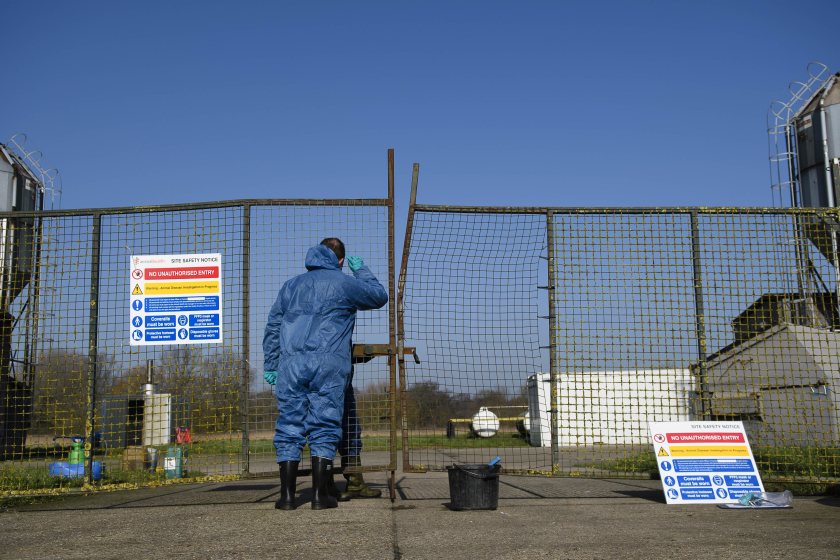
Scientists have raised fears that the UK's largest and worst ever outbreak of avian influenza is spilling over into other species.
According to a report by the BBC, APHA has tested 66 mammals and discovered that nine otters and foxes were positive for highly pathogenic avian influenza.
More targeted surveillance and testing of animals exposed to the virus will now be rolled out across the country following the findings.
Over the last two years, the UK has faced its largest ever bird flu outbreak with over 300 cases confirmed since late October 2021, of which over 270 have been in England.
There is currently a mandatory poultry housing order in place in England, Wales and Scotland.
Prof Ian Brown, APHA's director of scientific services, spoke to the BBC and said the UK's bird flu taskforce was now increasing its surveillance of cases in mammals.
"A sick or a dead wild bird contains an awful lot of virus," he said, "Scavenging mammals that will be opportunistic and predate on dead or sick birds will be exposed to very large quantities of virus.
"That gives a possibility for the virus to enter a host population that it doesn't normally maintain in."
The UK's avian flu taskforce will also look at the genome of the virus itself, while looking at its spread in wild bird populations across the world.
"The virus is absolutely on the march. And it's almost remarkable - it's a single strain," Prof Brown told the broadcaster, adding that he was "acutely aware of the risks" of the virus becoming a pandemic.
"This global spread is a concern," he warned, "We do need globally to look at new strategies, those international partnerships, to get on top of this disease.
"If we don't solve the problem across the globe, we're going to continue to have that risk."
